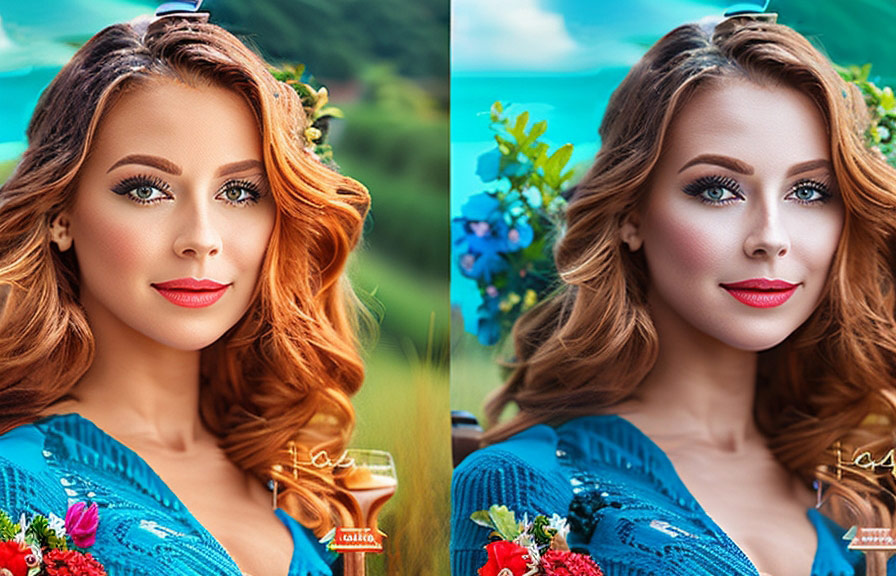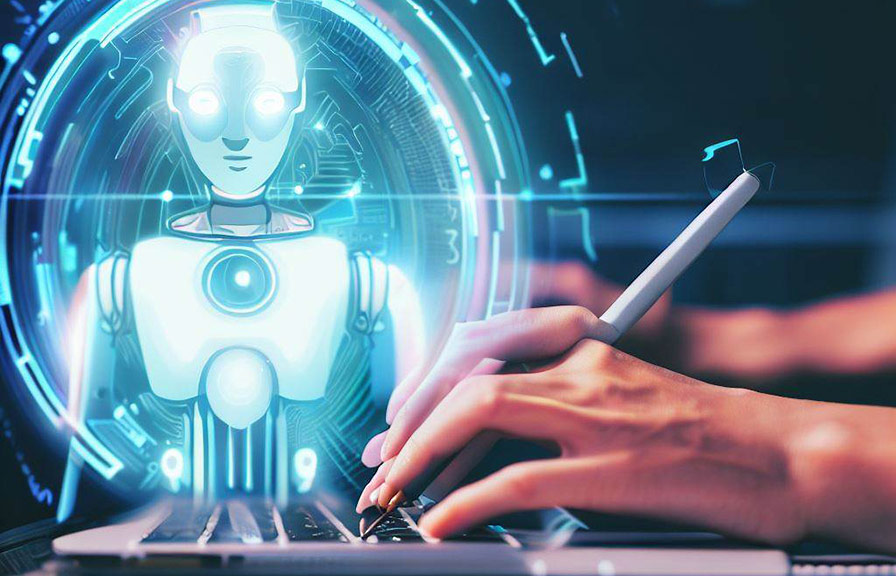Picture this: you've just finished a long day of shooting and now you're faced with hours of editing and post-processing. what if there was a way to significantly reduce the time spent on this tedious task?
Enter the future of ai editing.

A revolutionary leap in post-processing
As artificial intelligence (ai) continues to advance, its applications in various fields have grown exponentially. one area that has seen a significant impact is the world of photography and post-processing. today, ai-powered tools are capable of automating complex tasks that once required hours of manual labor.
But before we dive into how ai is revolutionizing post-processing, let's explore a lesser-known fact related to the topic. did you know that the world's first digital photograph was created back in 1957? this image was a scan of a film negative, long before the invention of digital cameras and
Modern post-processing software.
Now, back to ai and its transformation of the editing process. imagine having an ai assistant that can analyze a vast number of images, quickly identifying the best shots, and then automatically applying edits based on your unique style preferences.
This futuristic vision is becoming a reality as ai-powered editing tools continue to evolve.
Ai-powered editing tools: a glimpse into the future
As ai becomes more sophisticated, it is being incorporated into a wide range of editing tools. these applications leverage machine learning algorithms to automate various aspects of post-processing, such as color grading, exposure correction, and even complex tasks like object removal.
Here are a few examples of how ai is shaping the future of post-processing:
1. ai-driven image selection
Instead of spending hours sifting through thousands of images to find the perfect shot, ai-powered tools can quickly analyze your entire photo library, identifying the best images based on factors like composition, focus, and facial expressions.
This not only saves time but also helps photographers make more informed decisions about which images to keep and which to discard.
2. intelligent style transfer
Imagine having the ability to apply the unique editing styles of famous photographers to your own images with just a few clicks. ai-driven style transfer tools make this possible by analyzing the color grading, contrast, and other editing techniques used in a reference image and then applying those same edits
To your own photos.
3. automated object removal
Removing unwanted objects from a photo can be a time-consuming and complex task, especially when dealing with intricate backgrounds. ai-powered tools are now capable of automating this process, intelligently recognizing and removing objects while seamlessly filling in the gaps with appropriate background details.
4. ai-assisted retouching
Retouching portraits can be a laborious process, but ai is making it easier than ever. ai-powered retouching tools can analyze facial features and automatically apply edits such as skin smoothing, blemish removal, and even subtle adjustments to facial expressions, all with a natural and realistic result.
Ethical considerations in ai editing
As ai continues to transform the world of post-processing, it's important to consider the ethical implications of these advancements. while ai-driven editing tools can save time and help photographers achieve their creative vision, they also have the potential to create unrealistic or manipulated images that can blur the line between
Reality and fiction.
It's crucial for photographers and editors to use ai responsibly and maintain transparency about the extent to which images have been edited, especially when it comes to photojournalism and documentary photography. as ai editing becomes more widespread, it's essential for the industry to establish guidelines and best practices that prioritize
Ethics and integrity.
The path forward: embracing ai in post-processing
The future of ai editing is full of potential, as these powerful tools streamline the post-processing workflow and enable photographers to focus more on their creative vision and less on time-consuming manual tasks. as ai continues to advance, we can expect even more sophisticated editing tools that further blur the
Line between human and machine-made art.
But with these advancements come the responsibility to use ai ethically and ensure that the integrity of photography remains intact. by embracing ai as a valuable tool while maintaining a commitment to ethical editing practices, photographers can take advantage of the incredible potential of ai-driven post-processing without compromising the authenticity
Of their work.
